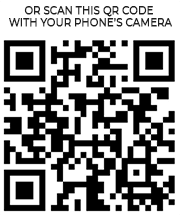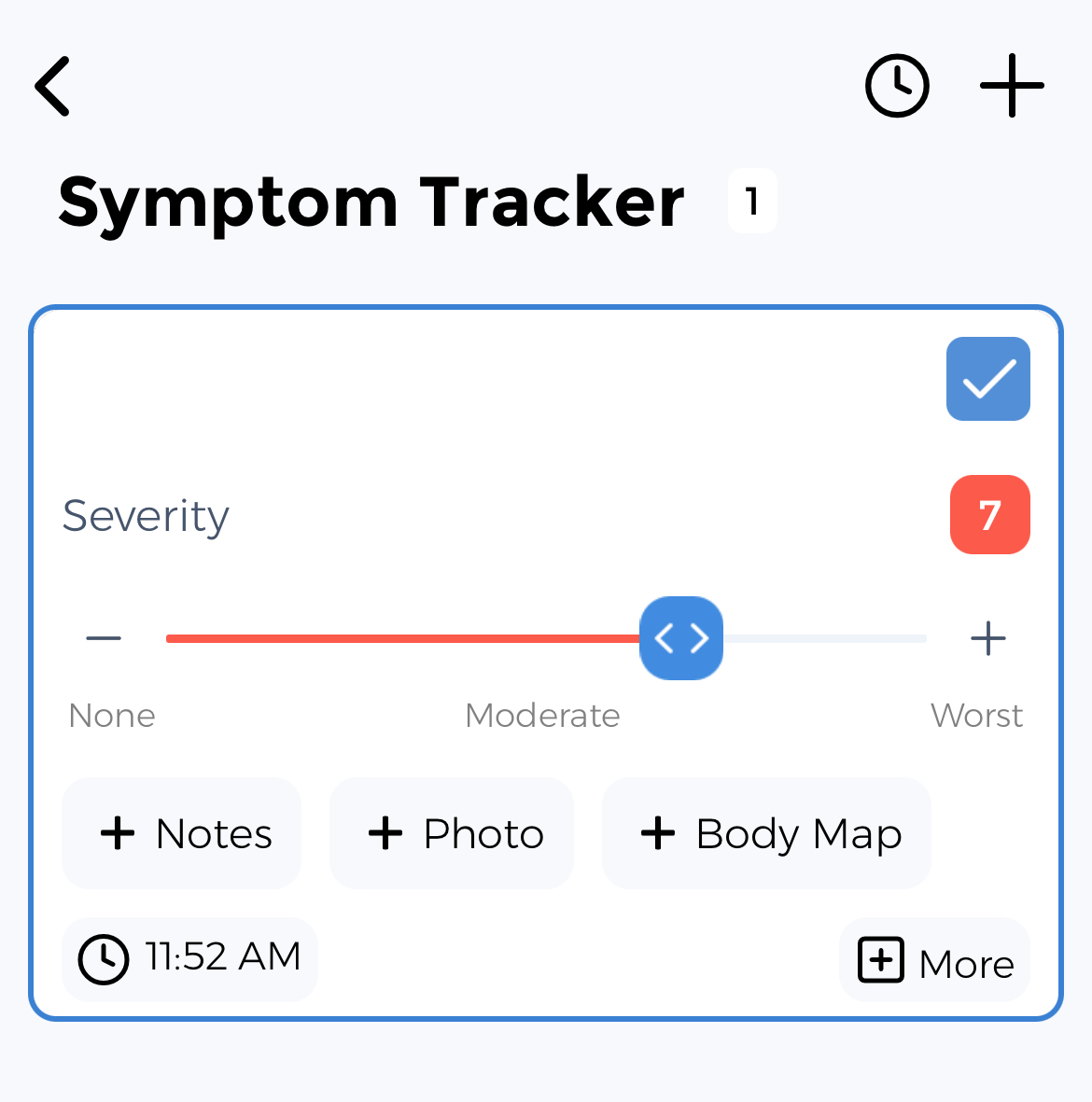Frontotemporal Dementia Symptom Tracker: Your Health Assistant
Living with Frontotemporal Dementia means dealing with personality changes, behavior changes, language difficulties, and more. But here's the truth: Data is your most powerful tool. Every logged symptom reveals patterns—so you can take informed action.
Frontotemporal dementia (FTD) is a group of disorders caused by progressive nerve cell loss in the brain's frontal or temporal lobes, affecting behavior, personality, language, and movement. Unlike other dementias, memory often remains intact in early stages. Tracking behavioral changes, communication difficulties, and functional abilities helps manage this challenging condition.
Key Frontotemporal Dementia Symptoms You Should Track
Struggling with symptoms like these? Tracking them reveals patterns, triggers, and how they impact your daily life.
Personality changes
Behavior changes
Language difficulties
Poor judgment
Lack of inhibition
Apathy
Repetitive behaviors
Decreased personal hygiene
Loss of empathy
Difficulty planning
Movement problems
Emotional blunting
Track Your Frontotemporal Dementia Treatments
Tracking how these common treatments affect your symptoms can help you and your healthcare provider optimize your care plan:
Our tracker helps you monitor when you take medications and how they affect your symptoms over time.
Standardized Frontotemporal Dementia Assessments
Complete these evidence-based assessments in the App to measure your severity and monitor your progress:
⚡ Knowledge Is Your Superpower
The difference between feeling overwhelmed by Frontotemporal Dementia and feeling in control starts with data. When you track your symptoms, you transform uncertainty into clarity. Every data point brings you closer to understanding your unique patterns.
It's free to try for anyone—whether you're managing your own condition, supporting a child, helping an aging parent, or assisting a partner. Our tracker adapts to your specific role in the health journey.
How the CareClinic Frontotemporal Dementia Symptom Tracker Adapts to Your Needs
Adults
Caregivers
Parents of Children
Young Adults
Your Complete Frontotemporal Dementia Management Toolkit
Uncover Patterns & Insights
Map your Frontotemporal Dementia symptoms like a detective solving a case.
Understand Your Medication's Impact
Turn guesswork into strategy. See how treatments affect your well-being with clear health insights.
Objectively Measure Your Progress
Use clinically validated tools to objectively measure your progress.
Other Tools You May Like...
Plus 4 more specialized tracking tools available
Access All Tracking ToolsAlso Supports Other Conditions Like
Alzheimer's Disease Tracker
Alzheimer's Disease warriors use our tracker to monitor memory loss, difficulty completing familiar tasks.
Amyotrophic Lateral Sclerosis Tracker
Amyotrophic Lateral Sclerosis warriors use our tracker to monitor muscle weakness, muscle twitching.
Major Depressive Disorder Tracker
Major Depressive Disorder warriors use our tracker to monitor persistent sadness, loss of interest.
Bipolar Disorder Tracker
Bipolar Disorder warriors use our tracker to monitor manic episodes, depressive episodes.
Success Stories from Our Community
"This app gave me insights about my Frontotemporal Dementia that even my specialist didn't catch. The connection between poor judgment and physical activity was eye-opening, which completely changed my treatment approach."
"I wish I'd started tracking my Frontotemporal Dementia years ago. When I was missing too much work, but within 3 months of using this app, I became an advocate for my own health."
Take Control of Your Frontotemporal Dementia Journey
Transform from feeling like a passive patient to becoming an informed self-advocate. Join thousands who've discovered new insights about their condition.
Designed by people who understand the daily challenges of managing chronic conditions, we're here to support you and your ❤️ ones.
Download Your Frontotemporal Dementia Tracker NowYour Data is Protected
Private & Secure
HIPAA Compliant
GDPR Compliant
Never Sell Data
Your data is yours: You get full control over who can view your information. CareClinic keeps all your data secure and encrypted.
References based on studies by:

